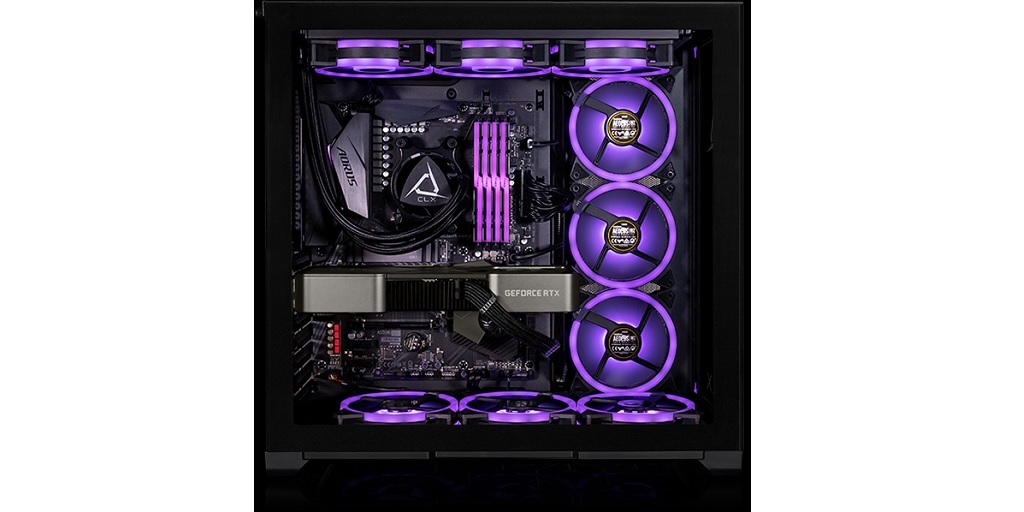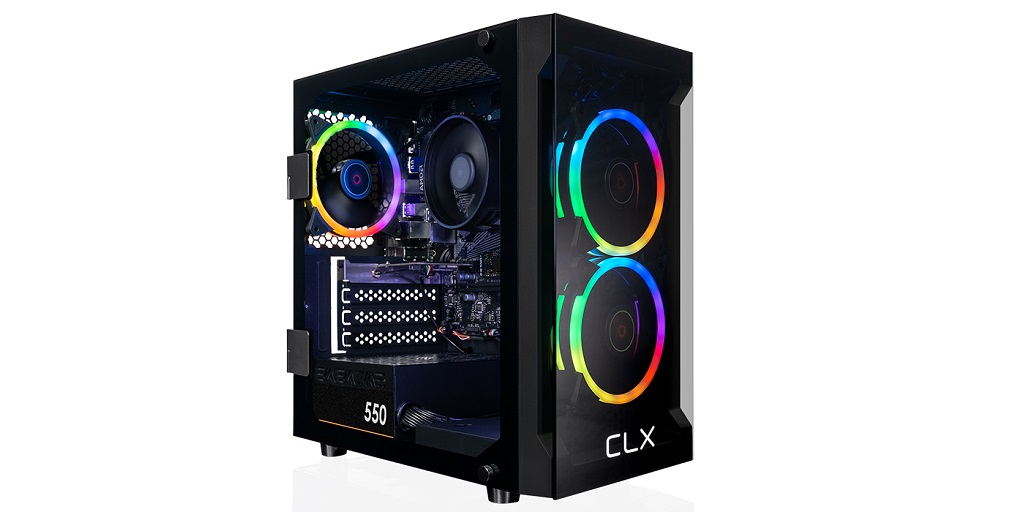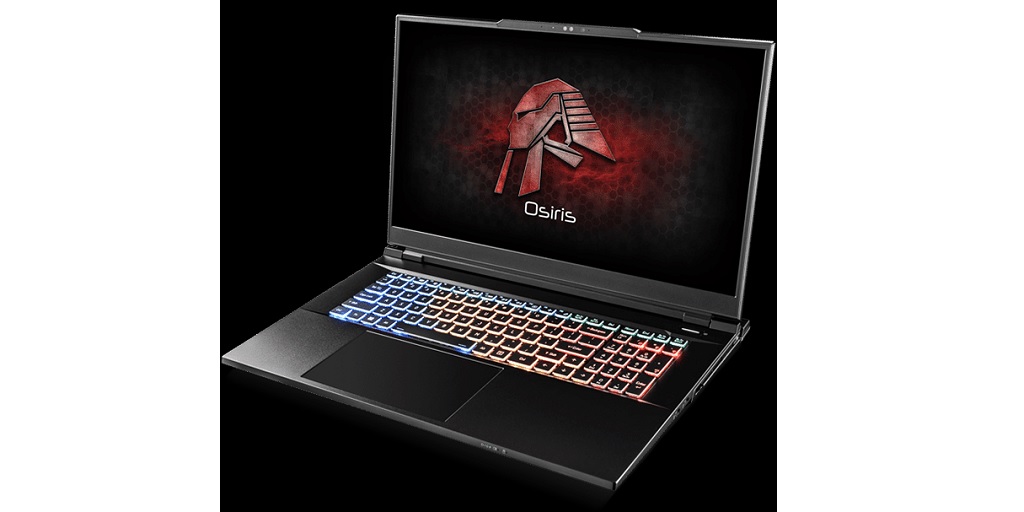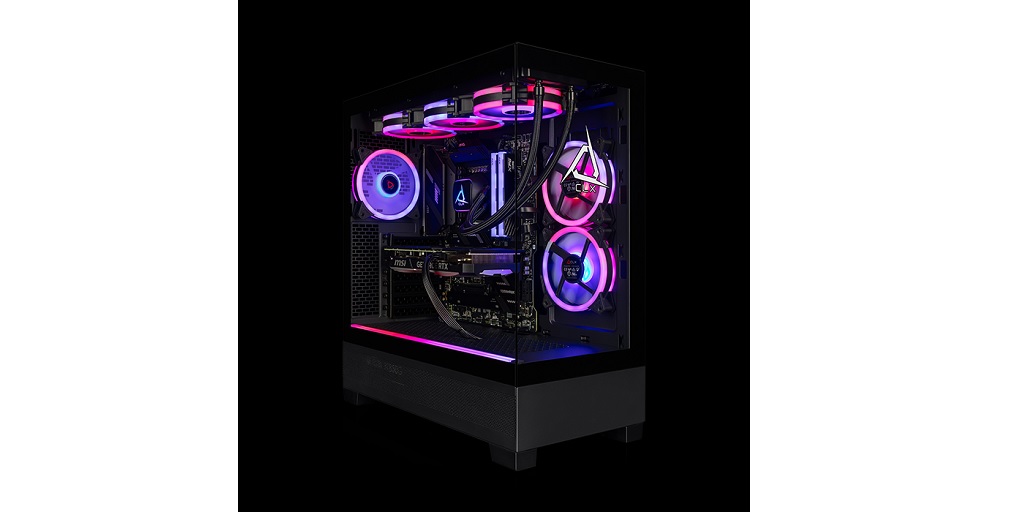
When you’re in the market for a new computer, it’s easy to feel overwhelmed by all the available choices. For those looking for something more compact, though, the choice often comes down to getting either a mini tower PC or a laptop.
Both have their unique advantages, of course, which means that deciding which one is right for you depends on your lifestyle, work habits, and personal preferences. Read on below to learn more about each option so that you can make an informed decision that suits your needs:
What’s a Mini Tower PC?
First things first, let’s define what we’re working with and clarify what a mini tower PC actually is.
It’s essentially a compact version of a traditional desktop computer. A mini tower PC offers a lot of the same functionality but takes up less space, making it an excellent option for those who want the power of a desktop, sans the bulk.
Mini towers often come with customizable hardware, meaning you can upgrade components like RAM, storage, and graphics cards as your needs evolve. They’re ideal for gamers, designers, or anyone who needs a reliable machine for resource-intensive tasks. In terms of portability, they’re much more portable than a mid- or full-tower PC, but if you really want to take one on the go with you, you’ll also have to bring a portable monitor and other peripherals such as a keyboard and mouse.
What’s the Deal with Laptops?
Laptops, on the other hand, are the epitome of portability. You can take them anywhere with you, from working at your favorite coffee shop, traveling for business, or just chilling on your couch. With a laptop in your corner, you have the flexibility to take your work (or play) anywhere you desire. They’re all-in-one machines, as they already have the display, keyboard, and touch pad built in.
Modern laptops are incredibly powerful, with models that equal or rival some desktops in performance. They come in various sizes, from ultra-light notebooks to beefy gaming laptops, so there’s something for everyone. However, the one thing you need to remember is that laptops aren’t as easy to upgrade, and they can be more expensive than mini tower PCs with similar specs.
Performance: Power vs. Portability
If raw performance is your priority, then a mini tower PC is hard to beat. These machines typically house more powerful hardware than laptops thanks to their larger size, which allows for better cooling and higher-performance components. For tasks like video editing, 3D rendering, or gaming at ultra-high settings, a mini tower PC is the clear winner.
Let’s not discount laptops, though! Modern high-end models can pack a punch and handle demanding tasks with ease, too.
The key difference lies in the trade-off between portability and performance. If you need to work on the go, a laptop is the obvious choice. If you’re more of a stay-at-home power user, the mini tower PC might be your best bet.
Cost: What’s Easier on the Wallet?
When it comes to cost, mini tower PCs often provide better bang for your buck. You can choose every component that goes in it, allowing you to stretch more out of your dollar. The ability to easily upgrade components as they become available can also extend the life of your PC without having to replace the entire system.
Laptops, while convenient, tend to be more expensive upfront for similar performance levels. Repairs or upgrades can also be tricky and costly. You’re often limited to upgrading just the RAM and storage if you go with a laptop.
Long-Term Use: Which One Stands the Test of Time?
When it comes to longevity, mini tower PCs possess the advantage. They’re easier to upgrade and repair, which means that you can keep them running smoothly for years.
Laptops, by contrast, have a shorter lifespan. Battery degradation, limited upgrade options, and wear-and-tear from portability can make laptops feel outdated more quickly.
Shop for a Mini Tower PC on CLX Today
If you’re a gamer, content creator, or someone who needs serious power without breaking the bank, a mini tower PC is your best bet. CLX is the best place to find one! Their Scarab line of gaming PCs feature the latest and greatest hardware, all contained in one neat little package. Visit CLX now to learn more.
For more information about Gaming Desktop Tower and Finance Gaming Pc No Credit please visit:- Cybertron International, Inc


